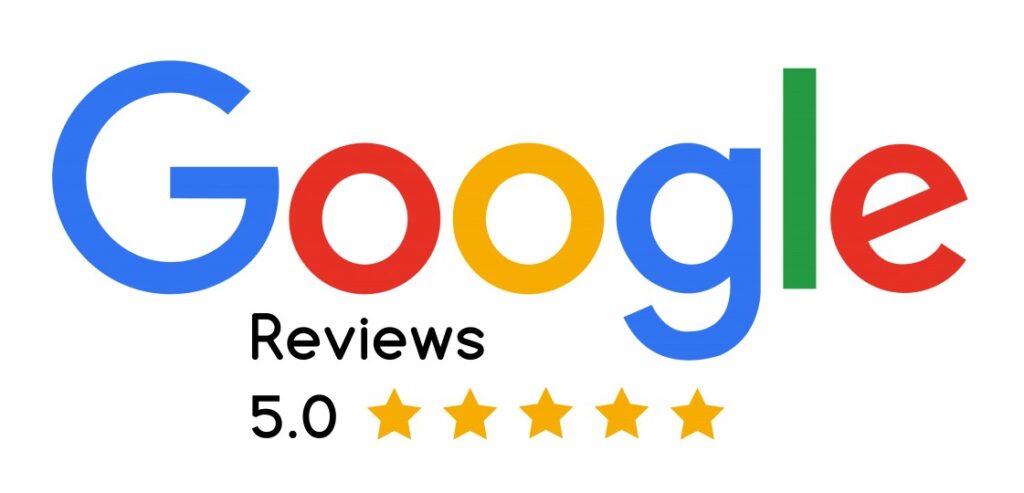Navigating the complex world of business expenses is a critical task for entrepreneurs. The ability to effectively manage these costs can be the difference between a thriving business and one that struggles to stay afloat. In this comprehensive guide, we’ll explore the intricacies of business expenses, their importance, and effective strategies for managing them. Our goal is to provide you with the knowledge and tools needed to maintain a financially healthy business.
What Are Business Expenses?
Business expenses are the costs incurred during the operation of a business. They range from tangible expenses like rent and office supplies to intangible ones such as depreciation and amortization. Understanding and categorizing these expenses is vital for effective financial management, budgeting, and tax planning.
Categories of Business Expenses
-
Operating Expenses:
- Rent/Lease: This includes payments for office spaces or any real estate used for business operations.
- Utilities: Costs for electricity, water, heating, and internet services are recurring and essential for running an office.
- Supplies: Regularly consumed items like stationery, printer ink, and paper.
- Salaries: Compensation paid to employees, which can be a significant portion of operating costs.
- Maintenance: Costs for keeping office equipment and property in working condition.
-
Cost of Goods Sold (COGS):
- Materials: Raw materials or components used in product manufacturing.
- Labor: Direct labor costs for workers who are involved in the production process.
- Overheads: Costs related to manufacturing facilities, including rent, equipment, and utilities.
-
Marketing and Advertising:
- Advertising: Expenditures on various media platforms to promote products or services.
- Marketing Tools: Subscription costs for software and other tools used in marketing.
- Event Costs: Expenses for organizing promotional events and trade shows.
- Consultancy Fees: Professional fees paid for marketing advice and public relations services.
-
Travel Expenses:
- Transportation: Costs for airfare, train tickets, or car rentals.
- Accommodation: Hotel stays during business trips.
- Per Diems: Daily allowances for meals and other incidental expenses.
-
Technology and Software:
- Software Licenses: Costs for essential software like accounting and CRM systems.
- Hardware: Investments in computers, servers, and related technology.
- IT Support: Fees for technical support and maintenance services.
-
Insurance Expenses:
- Liability Insurance: Covers potential legal liabilities.
- Property Insurance: Protects business property from damage or loss.
- Workers’ Compensation: Insurance for employee work-related injuries.
-
Legal and Professional Fees:
- Accounting Services: Fees for bookkeeping and financial management services.
- Legal Services: Costs for legal advice and representation.
- Consulting: Fees for business strategy and development consultants.
-
Taxes and Licenses:
- Registration Fees: Costs for business licensing and registration.
- Payroll Taxes: Taxes related to employee compensation.
- Property Taxes: Taxes on business-owned property.
-
Interest and Bank Fees:
- Loan Interest: Costs for borrowed capital.
- Bank Charges: Fees associated with business banking services.
-
Depreciation and Amortization:
- Asset Depreciation: Accounting method for tangible assets.
- Intangible Amortization: Allocation of costs for intangible assets.
Each of these categories represents an aspect of business operations and plays a vital role in the overall financial management of the company.
Why Are Business Expenses Important?
Understanding and managing business expenses are crucial for several reasons:
- Financial Health: Effective management of expenses is key to maintaining a healthy balance sheet. It provides insights into spending patterns, helping in budgeting and forecasting.
- Tax Benefits: Many business expenses are tax-deductible. Proper documentation and categorization of these expenses can lead to significant tax savings, reducing the overall tax burden on the business.
- Cost Control: Regular review of expenses helps in identifying and eliminating unnecessary costs, thereby improving profitability.
- Cash Flow Management: Understanding expenses aids in better cash flow management, ensuring that the business has enough liquidity to meet its obligations.
Strategies for Managing Business Expenses
- Maintain Accurate Records: Keeping detailed records of all business transactions is foundational. Utilize accounting software to automate and streamline this process.
- Regular Reviews: Conducting periodic reviews of expenses helps in identifying trends and areas for cost savings.
- Budgeting: Develop a comprehensive budget that covers all expected expenses. Regularly compare actual expenses against this budget to identify variances and adjust spending accordingly.
- Cost Reduction: Actively look for ways to reduce costs. This could involve renegotiating contracts with suppliers, opting for more cost-effective solutions, or eliminating redundant services.
- Investment in Growth: Allocate resources wisely, investing in areas that promise growth and profitability, such as marketing, research and development, or employee training programs.
- Embrace Technology: Use technology to improve efficiency and accuracy in expense management. Cloud-based accounting solutions, automated expense tracking apps, and digital payment systems can be particularly effective.
- Tax Planning: Stay informed about the latest tax laws and regulations. Work with tax professionals to maximize deductions and minimize tax liabilities.
- Cash Flow Monitoring: Keep a close eye on cash flow. This involves monitoring both the inflow and outflow of funds, ensuring that the business can cover its obligations and invest in growth opportunities.
- Employee Education: Educate employees about the importance of cost control and efficient resource use. Implementing policies for expense approvals and monitoring can also help in managing costs.
- Regular Audits: Conduct regular audits of your expenses. This can help in identifying discrepancies, potential fraud, and areas where financial controls can be strengthened.
Conclusion
Managing business expenses is a critical aspect of running a successful business. It requires a combination of diligent record-keeping, strategic planning, and continuous review. By understanding the various types of expenses, maintaining accurate records, and implementing effective management strategies, entrepreneurs can enhance the financial health of their business. Remember, every dollar saved or wisely spent can contribute to the growth and sustainability of your company, making expense management an indispensable component of your overall business strategy.



